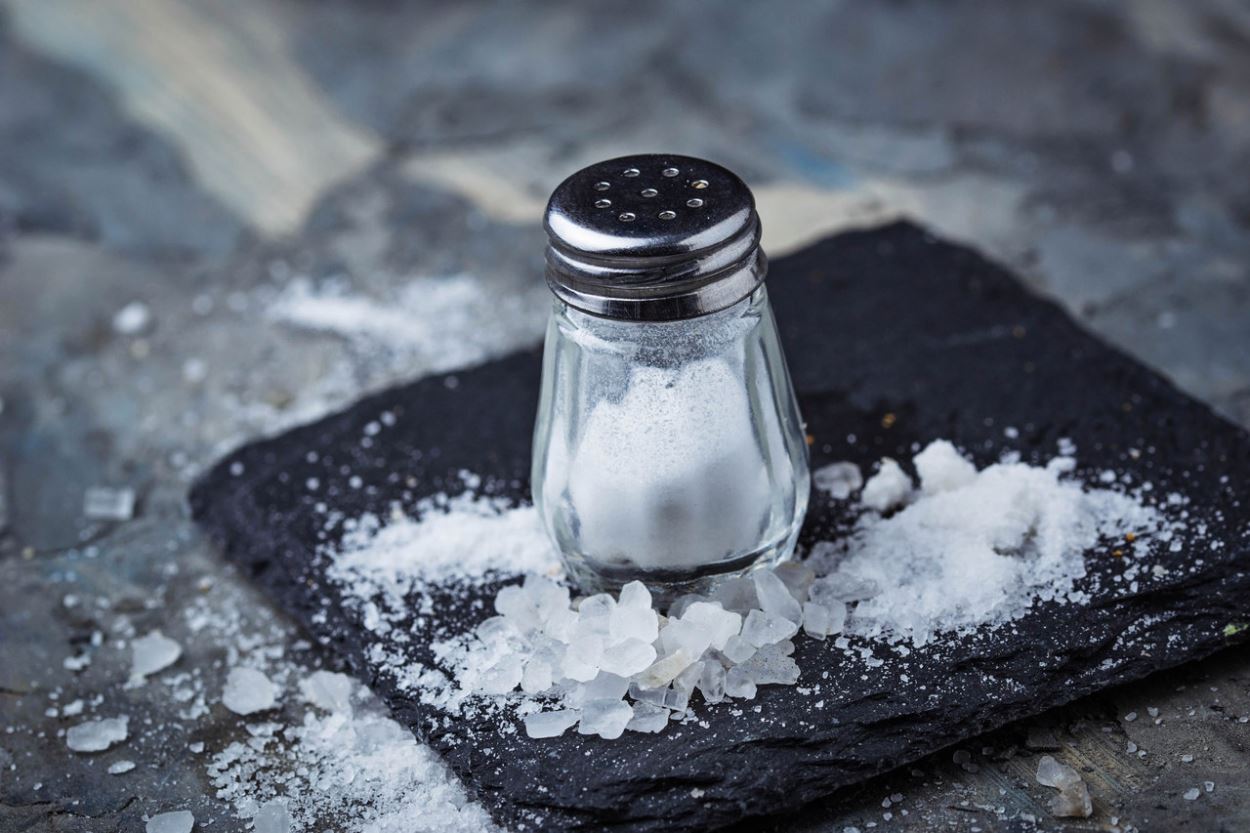Salt has been around for so long and has a historical significance that predates any culinary ingredient on our shelves today. The History of Salt has intermingled with religion, trade, economics, and geopolitics in surprising ways over the course of history.
One type of salt that stands out for its historical significance and utility more than any other ingredient is kosher salt. This unique form of salt has surged in popularity in recent decades, so wed like to explain its properties, uses, and differences from other types of salt.
Why is iodized salt not kosher for Passover? A starch carrier is used to bring the iodine to the salt so it doesn’t clump. This starch is usually corn starch, which would be kosher for Sefardim, and traditionally avoided by Ashkenazim.

How Is Kosher Salt Made?
There are two types of kosher salt, the first is the coarse-grained kosher salt that is mined just like any other type of salt, and the other is kosher salt that meets traditional Jewish guidelines. For a kosher salt to be accepted as kosher, it has to be certified by a Jewish institute.
The most popular type of salt extraction is through the solar evaporation of seawater. Most of the salt comes from the sea. Salt, in fact, makes up about 2.5%of seawater. The seawater is then taken through various evaporation ponds where various seawater minerals precipitate at different temperature points. Alternatively, the salt found in the rich salt deposits of the earth, such as kosher salt, can be mined from underground mines. These underground mines are places that were once seas that later evaporated.
The salt is then sorted, separated, and processed to make kosher salt. The third method is the vacuum evaporation method. In this method, vertical wells are dug into a salt mine or deposit. Water is forced down one well as brine is pumped up the other. The brine is then stored in tanks before being taken to vacuum pans. The brine and water temperature are systematically regulated to precipitate varying textures of salt at different temperatures.
Kosher-certified salt, commonly referred to as “kosher salt,” means that the salt has met the guidelines outlined by Jewish law and upheld by kosher certification agencies and members of the Jewish faith. The certification ensures that the product is produced and handled in accordance with these high standards and is suitable for consumption for those following a kosher diet.
Certified kosher salt is mined, just like all other types of salt. The difference is that the mining, processing, and packaging happens under strict Jewish guidelines. This means that no additives or chemical elements are added to the salt that may go against the kosher tradition. Once the salt processing is done, a rabbi or a recognized Jewish institution vets the salt and certifies that it meets cultural requirements.
Why Does Kosher Salt Taste So Good?
The natural properties of kosher salt give it a slightly better taste relative to other types of salt. This superiority in taste arises from:
- Lack of Impurities — Kosher salt, unlike other types of salt, is unrefined and does not contain anti-caking agents or iodine. Sea pollutants are also absent in kosher salt since it is mined on land.
- Light Texture — The light texture of kosher salt gives it a distinctive subtle flavor that mixes well with other ingredients, making it an ideal spice for blending.
Why is iodized salt not kosher?
FAQ
What makes iodized salt not kosher?
What is healthier kosher or iodized salt?
Why is iodine not kosher for Passover?
Is Morton iodized salt kosher?
